As the global investment in artificial intelligence (AI) is projected to reach $1.5 trillion in 2025, a growing concern is emerging among business leaders about their ability to maintain service continuity, security, and cost control during unexpected events. According to a recent survey, fewer than half of business leaders are confident in their organizations' capacity to withstand and recover from digital disruptions, a critical aspect of digital resilience.
The financial stakes are substantial, with the average cost of a single digital disruption estimated to be around $1.6 million. Moreover, the frequency and severity of these events are increasing, with a study revealing that 60% of organizations experience at least one major disruption per year. The consequences can be far-reaching, from reputational damage to significant financial losses.
The rise of agentic AI, a new generation of autonomous systems capable of proactive planning, reasoning, and executing tasks with minimal human intervention, has amplified the urgency for robust digital resilience. Agentic AI systems operate at unprecedented speeds and scales, making them more susceptible to data inconsistencies, fragmentation, or security gaps. A single misstep can have catastrophic consequences, highlighting the need for a more proactive and adaptive approach to digital resilience.
Cisco, a leading technology company, has been at the forefront of addressing this challenge. In partnership with Sponsored, Cisco has developed a comprehensive framework for designing digital resilience in the agentic AI era. This framework emphasizes the importance of proactive planning, real-time monitoring, and rapid response to mitigate the impact of digital disruptions.
The company's efforts are driven by the growing recognition that digital resilience is no longer a nicety but a necessity. As agentic AI becomes increasingly integrated into business operations, the stakes are higher than ever. A recent report by Gartner predicts that by 2025, 75% of organizations will have implemented AI-powered systems, up from just 10% in 2020.
The implications for society are profound. As AI assumes a more central role in decision-making, the need for transparency, accountability, and explainability becomes increasingly pressing. The development of agentic AI systems that can reason, learn, and adapt at unprecedented speeds requires a fundamental shift in our understanding of digital resilience.
In the future, organizations will need to adopt a more holistic approach to digital resilience, one that integrates human and machine capabilities. This will involve developing new skills, such as AI literacy and digital risk management, as well as investing in cutting-edge technologies like edge computing and 5G networks.
As the world becomes increasingly dependent on AI, the need for digital resilience will only continue to grow. By prioritizing proactive planning, real-time monitoring, and rapid response, organizations can mitigate the risks associated with agentic AI and unlock its full potential. The future of business depends on it.
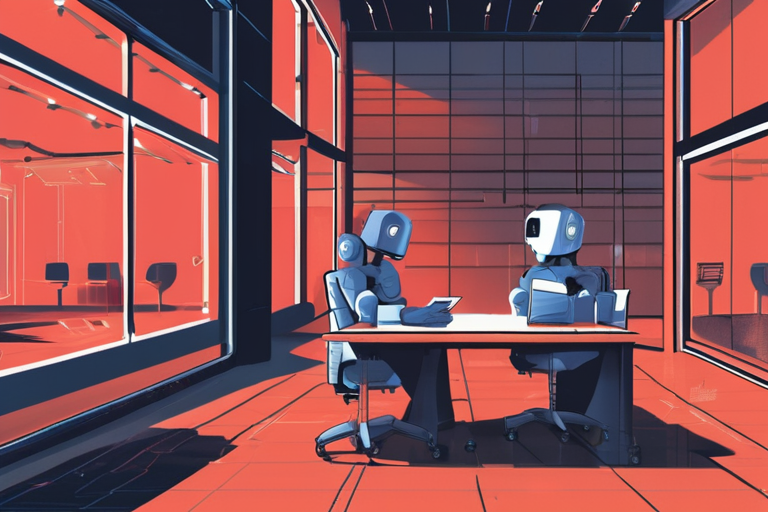


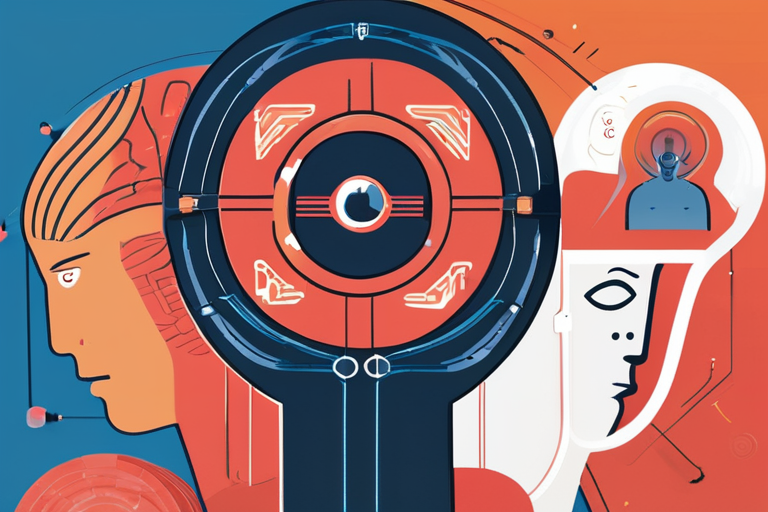
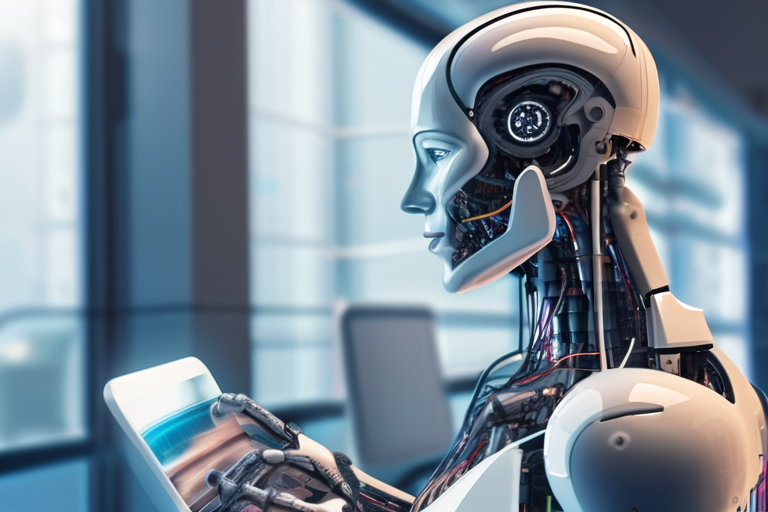
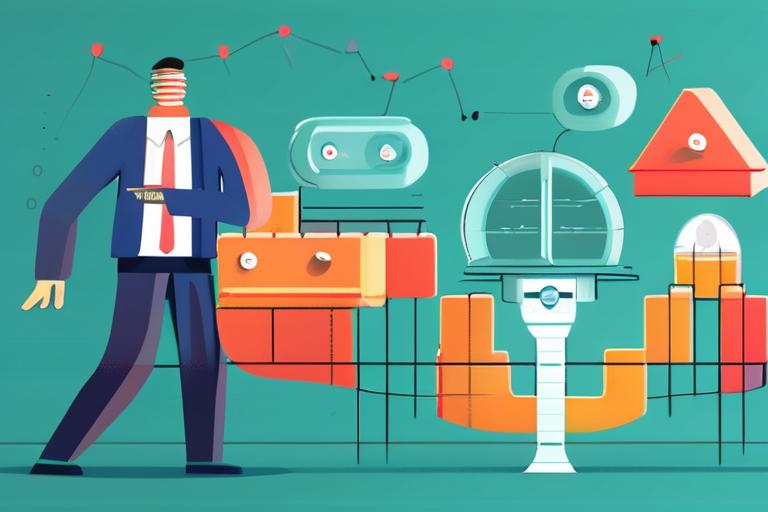
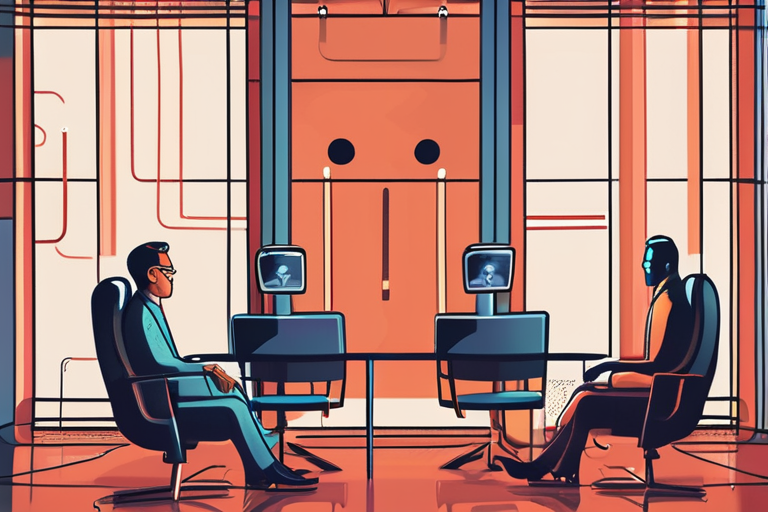
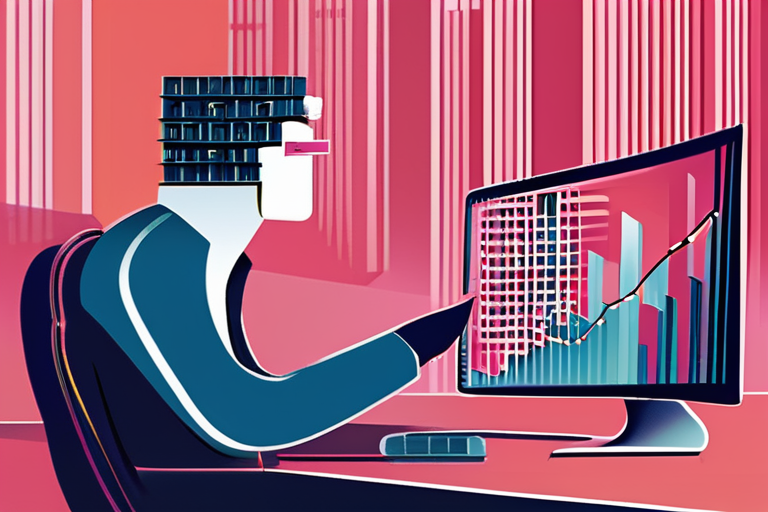

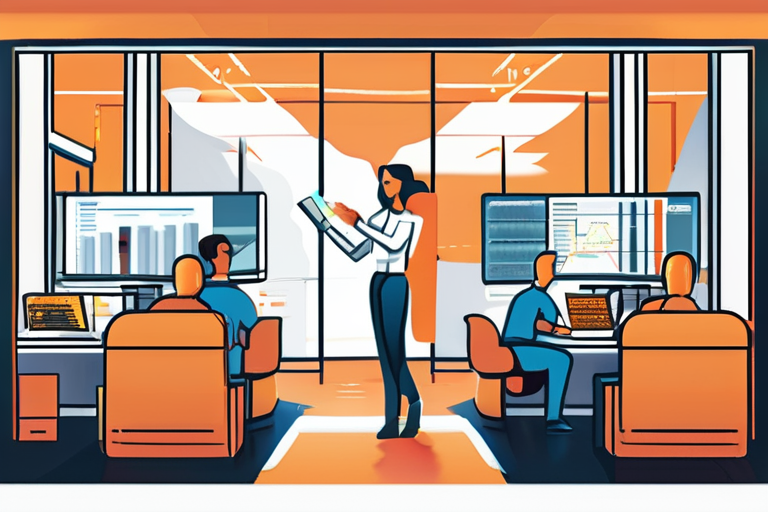



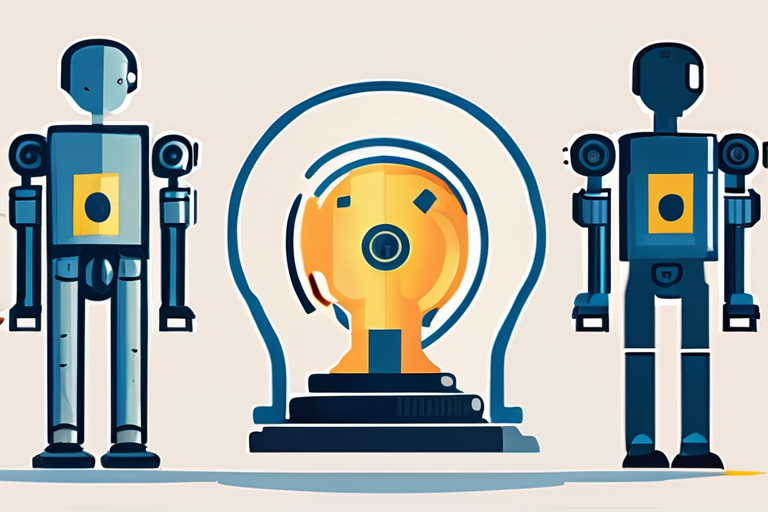
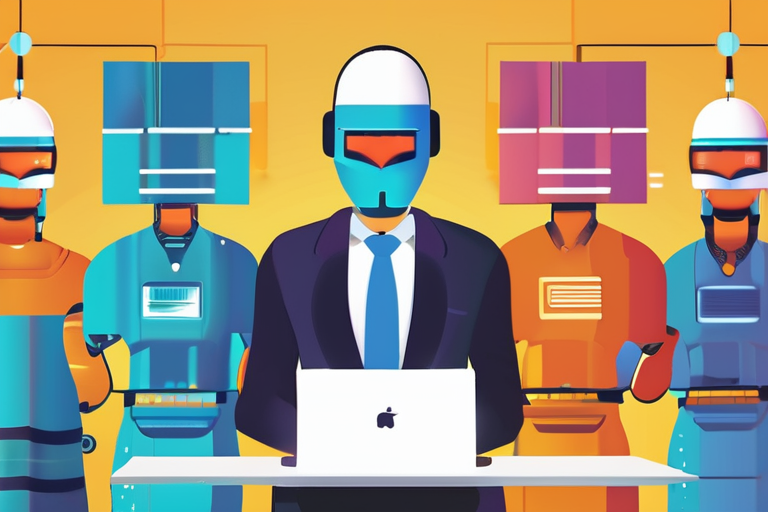

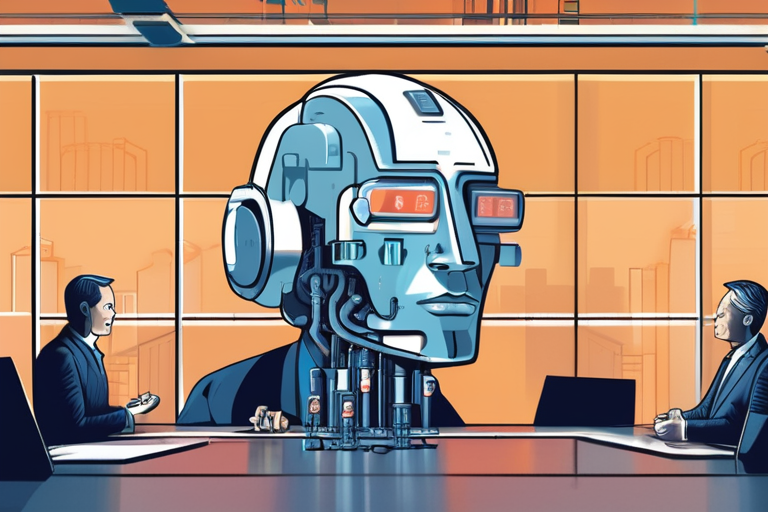

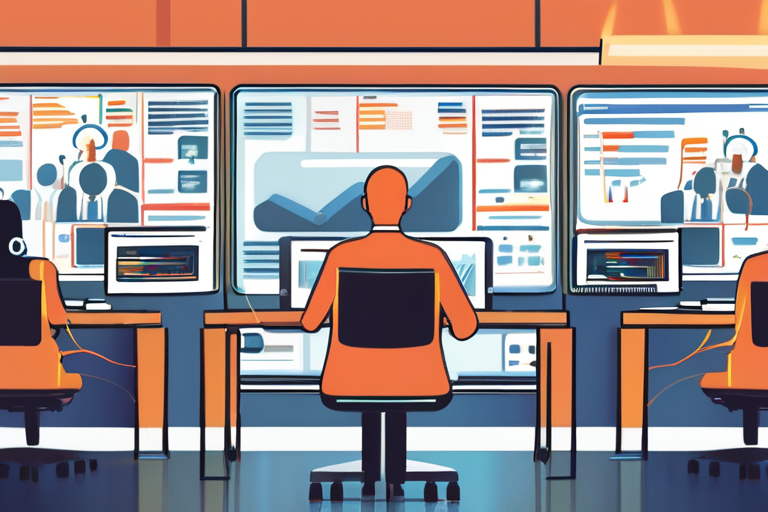

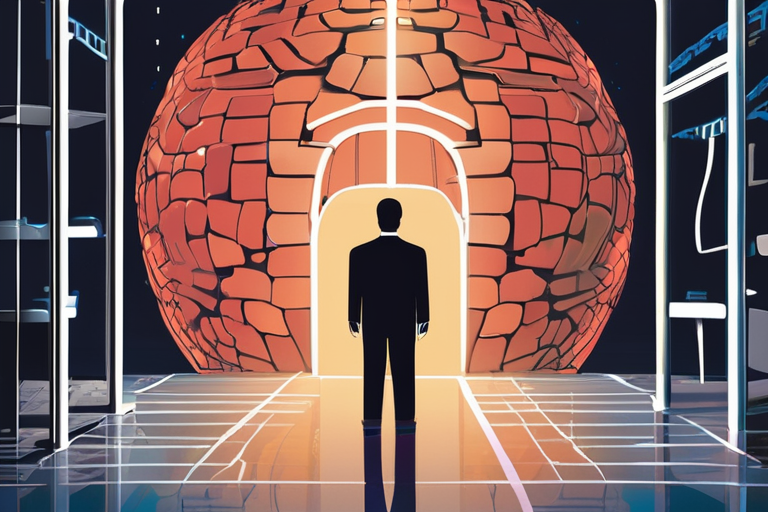
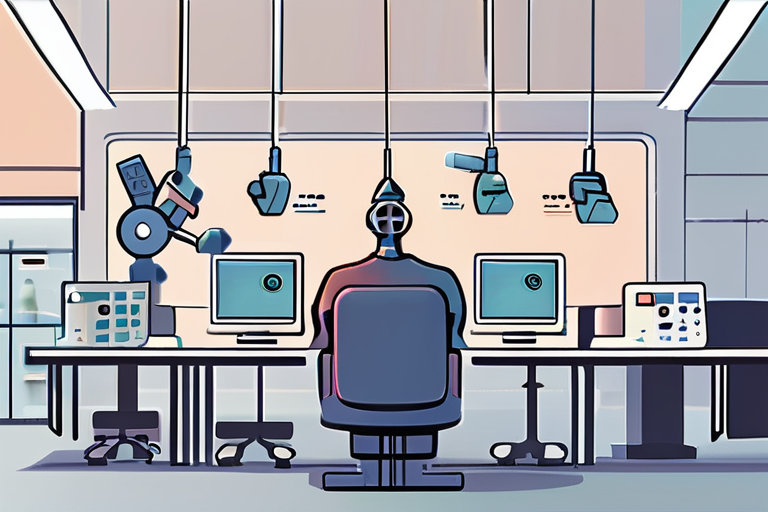


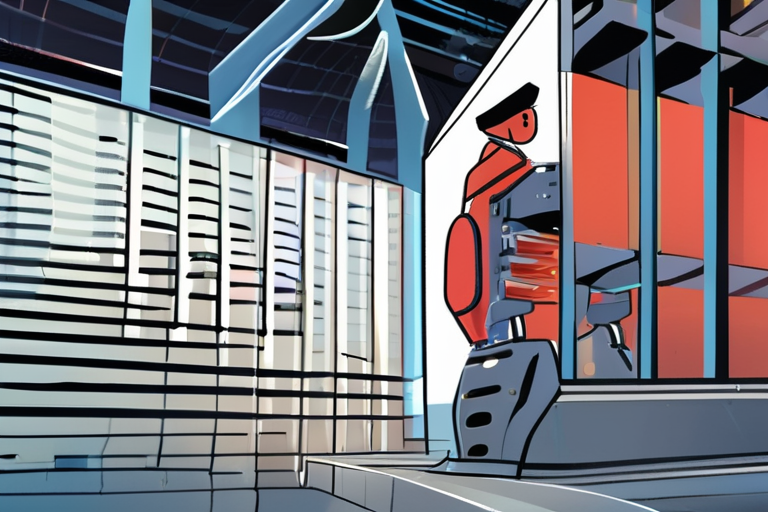

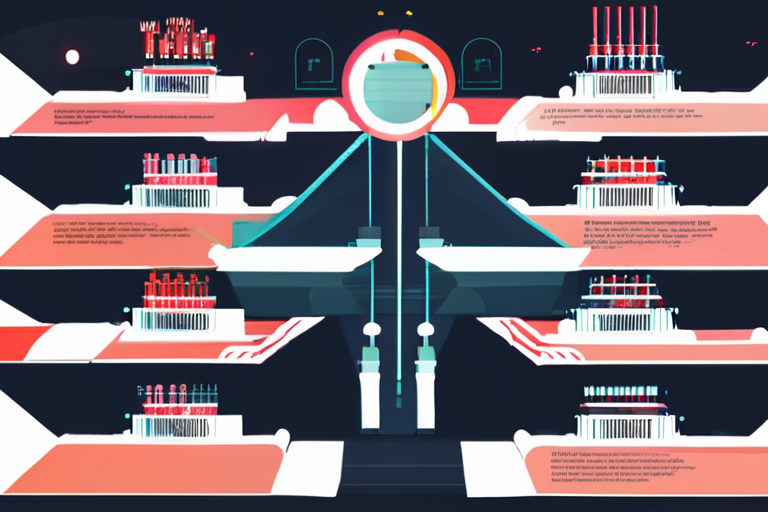
Share & Engage Share
Share this article